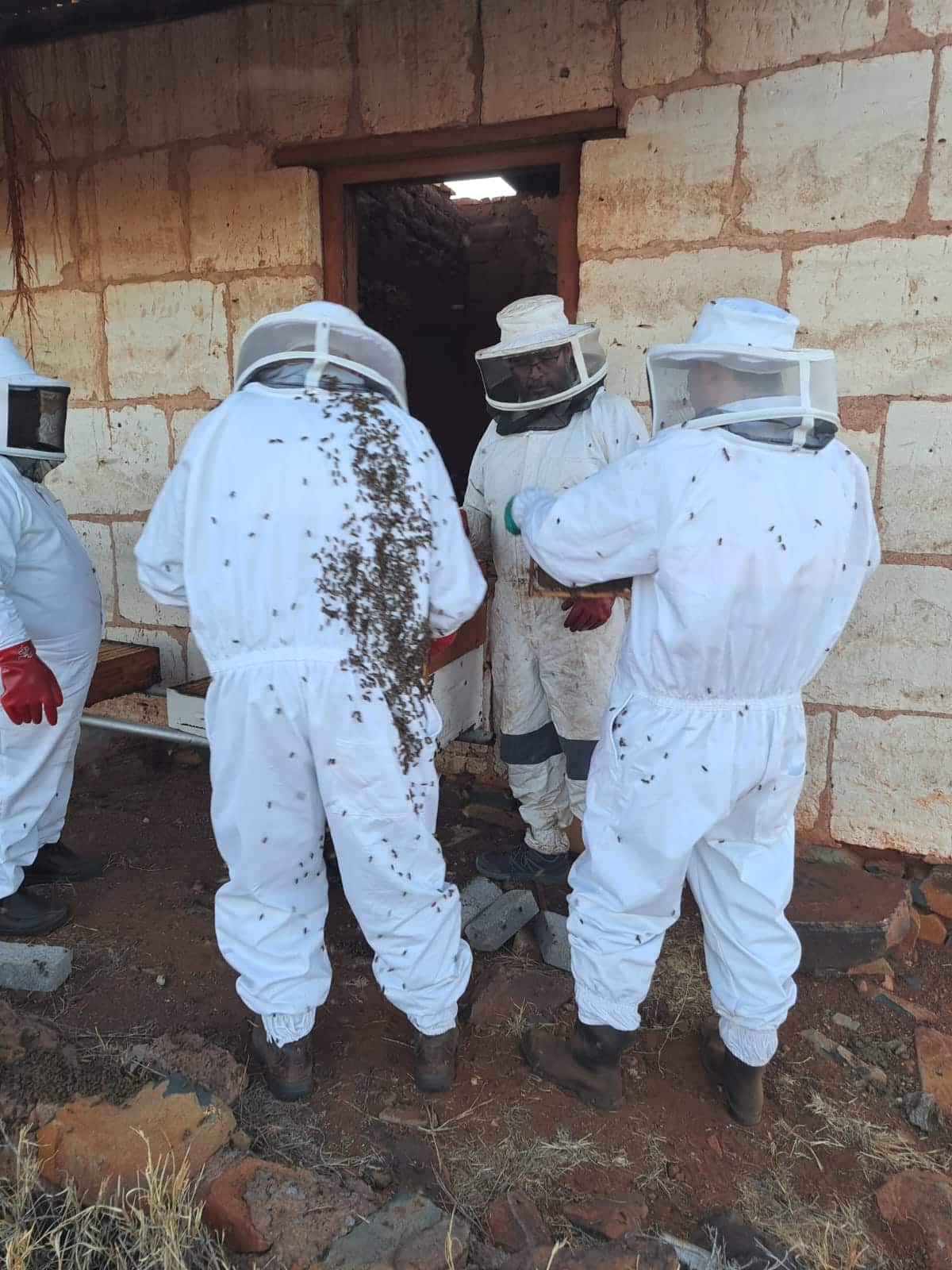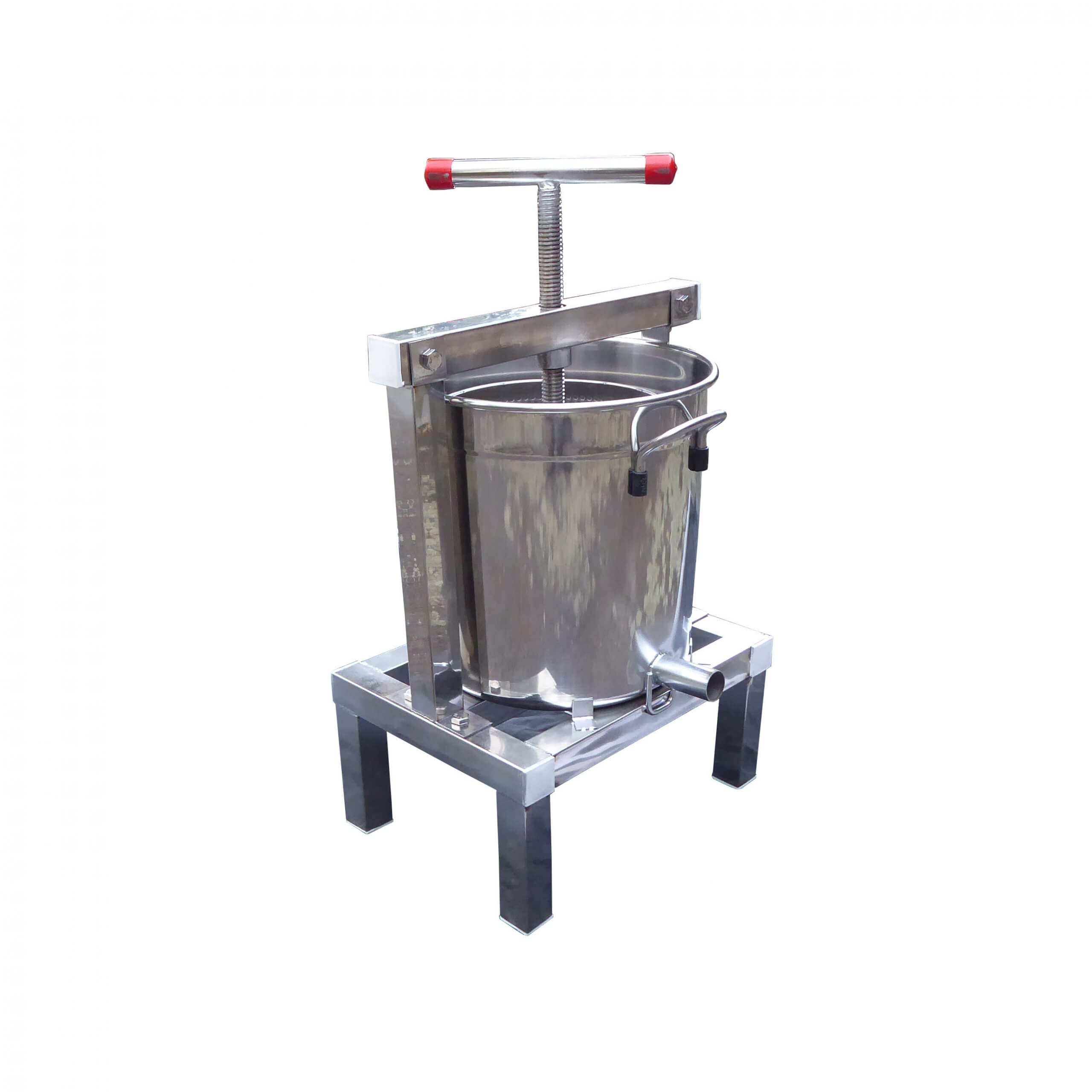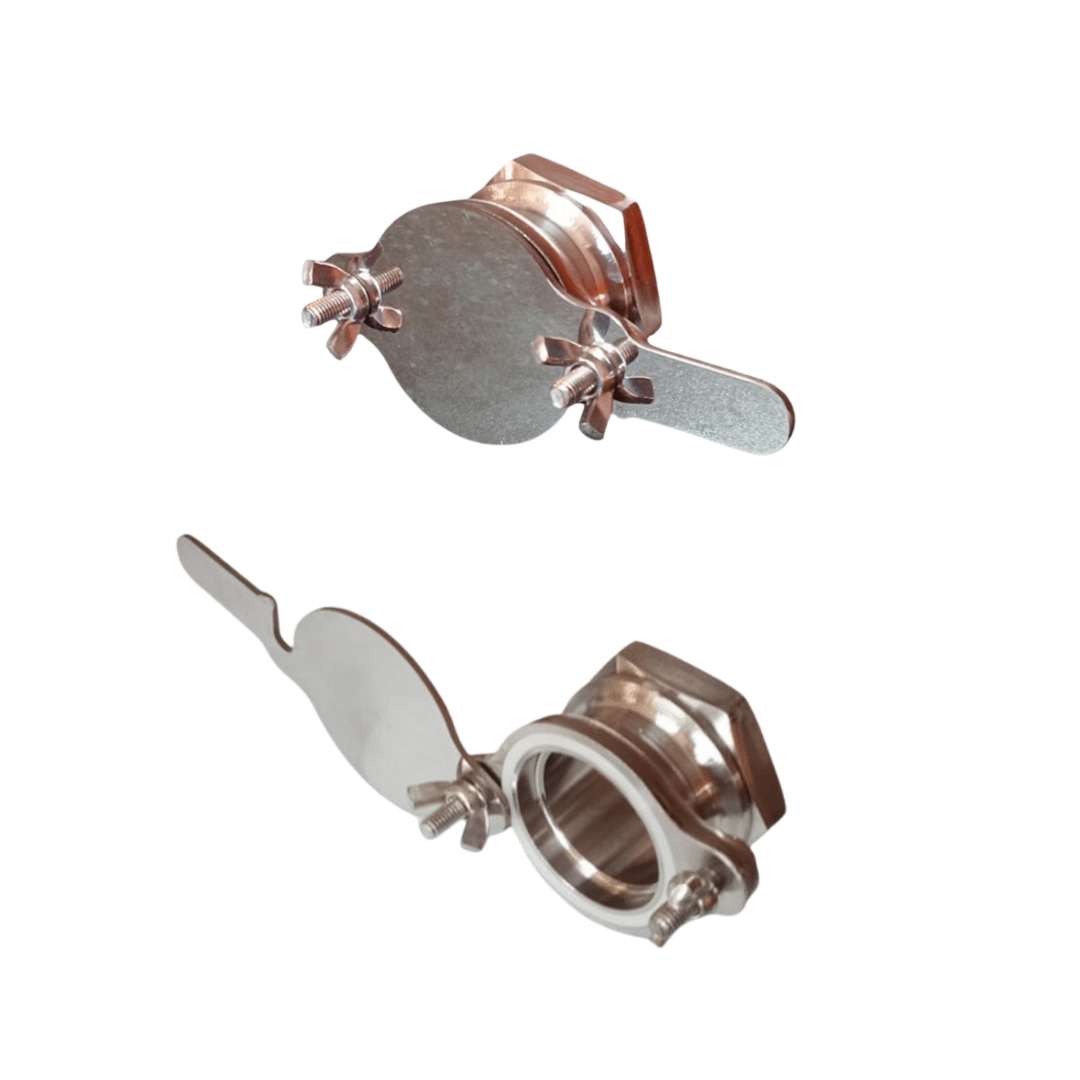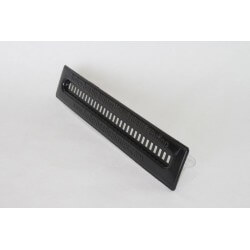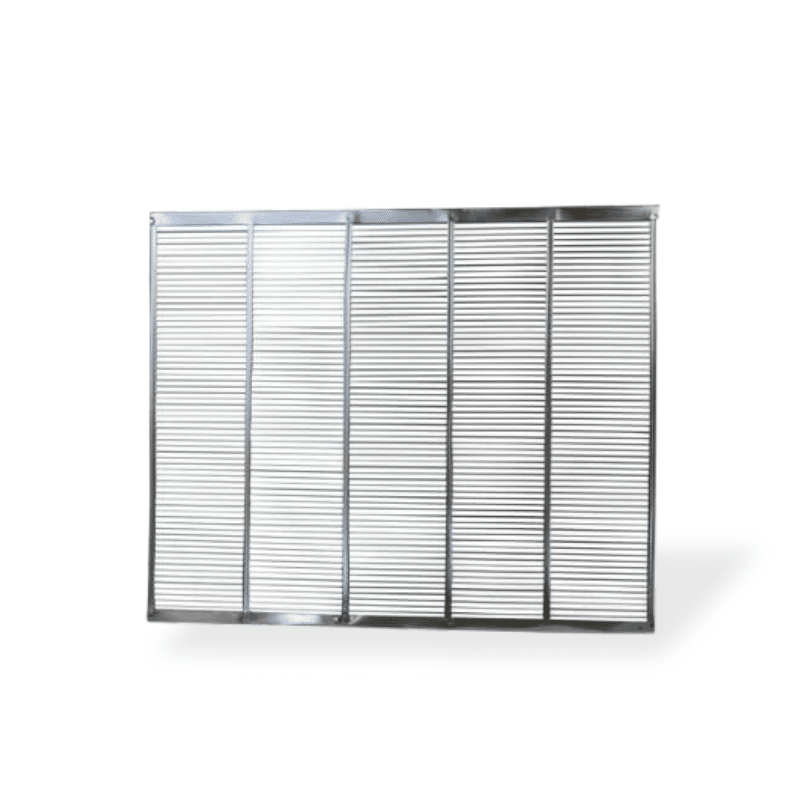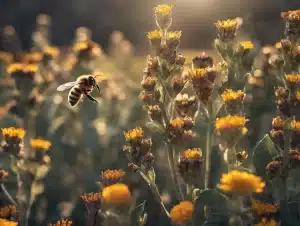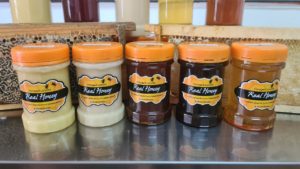"Why South African Beekeepers Should Wear a Suit"
Introduction:
In the vibrant landscape of South African beekeeping, the importance of wearing protective gear cannot be overstated.
As stewards of one of the most diverse [also read defensive] bee populations in the world, South African beekeepers face unique challenges and considerations that necessitate the use of a beekeeper’s suit.
In this post, we’ll explore the reasons why protective gear is essential for beekeepers in South Africa and how it contributes to safer and more sustainable beekeeping practices.
Understanding the South African Beekeeping Landscape
South Africa boasts a rich and diverse array of bee species, including the iconic African honeybee with two major subspecies (Apis Mellifera Scutellata and Capensis) as well as the indigenous stingless bees (Meliponini).
This biodiversity presents both opportunities and challenges for beekeepers, as they navigate the intricacies of managing diverse bee populations and ecosystems.
Why South African Beekeepers Should Wear a Suit…
Reasons for Wearing a Beekeeper’s Suit in South Africa
Protection Against Aggressive Bee Species: South Africa is home to the African honeybee, known for its defensive behaviour and tendency to become aggressive when disturbed. Wearing a beekeeper’s suit [bee jacket or at least a bee veil] provides vital protection against stings, minimizing the risk of injury during hive inspections and maintenance.
Prevention of Africanized Bee Incidents: Africanized honeybees [outside of Africa], a hybrid of the African honeybee and European honeybee, pose a significant threat to beekeepers due to their aggressive nature.
When keeping bees in South Africa, our local bees are the defensive honeybees that were cross-bred to make the so called African Killer bees in the USA – so rule of thumb, you do not want to mess with them generally speaking with having bee suits or bee jacket and full protective clothing.
Wearing a bee suit serves as a first line of defense against potential encounters with these highly defensive bees, reducing the risk of attacks and ensuring beekeeper safety.
Protection Against Venomous Wildlife: In addition to bees, South Africa is home to various venomous wildlife species, including snakes and spiders, which may inhabit beekeeping areas. A beekeeper’s suit provides an additional layer of protection against potential encounters with venomous creatures, safeguarding beekeepers from bites and stings.
Minimization of Exposure to Pesticides: Agricultural practices in South Africa may involve the use of pesticides and agro-chemicals, which can inadvertently come into contact with beekeepers during hive inspections. Wearing a bee suit helps minimize direct exposure to pesticides, reducing the risk of adverse health effects and promoting safer beekeeping practices.bee
Can Beekeeping As A Hobby Help YOU LIVE LONGER Watch Below
Promoting Safety and Sustainability
By prioritizing safety through the use of protective gear such as beekeeper’s suits, South African beekeepers contribute to the sustainability of beekeeping practices and the conservation of bee populations.
Protecting beekeepers from stings and other hazards enables them to focus on responsible hive management, pollination services, and honey production, ultimately fostering a thriving beekeeping industry in South Africa.
Choosing the Right Beekeeping Suit
Selecting an appropriate beekeeping suit involves considering factors such as material, fit, and overall comfort.
While no suit can claim absolute sting-proof status, a locally made, well-designed South African bee suit significantly reduces the risk.
Investing in quality bee gear ensures that beekeepers can confidently tend to your hives while minimizing the likelihood of bee stings.
Conclusion: “Why South African Beekeepers Should Wear a Suit”
In the dynamic landscape of South African beekeeping, wearing a beekeeper’s suit is not just a precaution; it’s a necessity.
By providing essential protection against aggressive bee species, venomous wildlife, and pesticide exposure, bee suits promote safety, sustainability, and responsible hive management practices.
As guardians of one of the world’s most diverse bee populations, South African beekeepers play a vital role in conserving bee populations and ecosystems, and wearing a suit is a fundamental step in ensuring their well-being and success.
Bee Ware® does not advocate working with bees without a bee suit.
The author and website owner take no responsibility for any injury or harm by reading this article*.
By following the tips, embracing the benefits, and prioritizing safety measures, beekeepers can cultivate a more intimate connection with their hives while fostering a greater appreciation for the intricate world of beekeeping.
Stay tuned for more insights into alternative beekeeping practices and techniques that enhance the beekeeper’s experience and promote sustainable hive management.
Manual Wax Press
Honeygate Tap Stainless Steel
Beetle Trap
R99,00Bee Suit - Large
R1970,00Bee Suit - XLarge
R1970,00Bee Suit - XXLarge
R1970,00Queen Excluder - Metal
Why South African Beekeepers Should Wear a Suit


